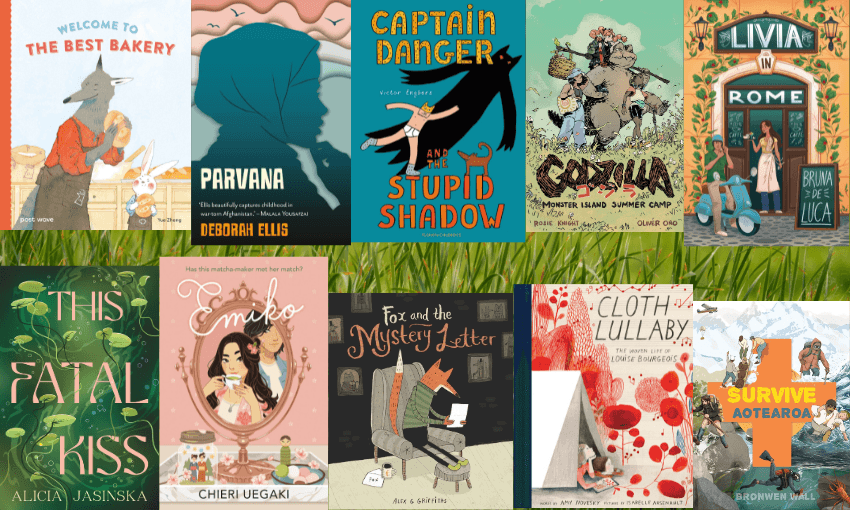This month Microsoft’s ebook store closes for good, and with it goes every book ever purchased through a Microsoft account. Don Rowe reports.
Ebooks have forever changed the way we read and write, drastically reducing the barriers to entry for authors and publishers, bringing down the cost of books and providing huge variety and accessibility options for those who need them. The options are mind boggling: the Western Canon in every pocket! Books cheaper than pie! Erotic fiction in public places! But traditionalists, nay purists, those acolytes of the physical tome, have a new argument against techno-texts should they need it – their physical books don’t ever just up and ‘disappear’. They don’t just ‘stop working’. Penguin aren’t knocking on your door with a baseball bat and a rubbish sack to take every book you’ve ever paid for, read or loved – unlike Microsoft, who kind of are.
This month Microsoft’s ebook store closes for good, and with it goes every book ever purchased through a Microsoft account, without exception. The move, which is set to streamline Microsoft’s online offerings and shift away from direct competition with powerhouses like Amazon, will wipe users’ books permanently, along with any notations or markups, which could be problematic for academics or students. Microsoft will credit accounts $25 if that’s the case, however it seems a paltry sum for the loss of what could be thousands of annotations on hard-to-find texts, and it’s not like you can just spend it on another book. It’s verging firmly on cliché to say something is like an episode of Black Mirror, but in this case it’s unavoidable.
To be fair, the service was never hugely popular in comparison with the big dogs of the industry. Their ebooks could only be read on the Microsoft Edge browser, and there was never an e-reader or Kindle equivalent. A software company selling books was always a weird fit, and users will be refunded in full sometime this month.
But the fact remains that ebooks are one of the few lucrative markets left for huge swathes of the publishing community both worldwide and here at home in New Zealand, and so movements in the industry matter. Because, contrary to some reports, that market is far from dead and dying. Even Stephanie Johnson, award-winning author and founder of the Auckland Writer’s Festival, has considered dipping her toes – or quill, as it were. As Steff Green wrote on The Spinoff last month, less than 45% of the top 10,000 books on Amazon are traditionally published. The rest are indie authors (read: self-publishers) and small press (mostly indie authors).
“The vast majority of those sales are digital,” said Green. “Consider too that indie authors earn 70 percent royalties, instead of approximately 10 percent from a publisher.”
Green has published six books already this year, and is on track to clear more than $200,000 – out-earning the average New Zealand author by a factor of about 700%. But that output necessitates a platform like Amazon through which to retail her books. And Amazon is not immune to erasing purchases either – removing Orwell’s 1984 and Animal Farm over a rights issue in 2009.
While deleting ebooks isn’t quite tantamount to book burning, it is still concerning that a software giant can, at will, waltz into your digital stash and take back the entirety of the goods you purchased from them, maybe even years after the fact, with no recourse. Digital rights management is supposed to be a tool against piracy, but because consumers are increasingly buying temporary licenses rather than physical goods, DRM has become a cudgel with which to bash customers over the head. At best it’s a punitive leash to tie consumers into a company’s ecosystem, for good or ill. Nobody expects Apple or Amazon to crash and burn anytime soon – but what if they did?
And in a world where everything from your car to your coffee machine has internet connectivity, the proliferation of licences over actual ownership could one day see more than a few old books lost to the void, their words dust in the digital wind.



